One of Italy's smallest regions, Liguria, known as the Riviera dei Fiori, stretches west in a narrow ribbon along the coast from the French border. Mountains separate it from Piedmont to the north, Emilia Romagna to the east and Tuscany to the south. Even if you've never been there, you've probably seen its northeastern border in all those movies where glamorous jet setters hop into their sports cars and motor from Monte Carlo to Rome.
Liguria is a land of contrasts, home to belle epoque seaside resort towns in the style of Cannes and Monaco. Its spectacular coastline has many sandy strands, rocky coves and pebbly beaches, famous ports, as well as desolate stretches where lush forests of lemon trees, herbs, flowers, almonds and pines send forth heady sweet-smelling breezes. Imagine relaxing at your own Liguria property and soaking up the art, culture and climate that this area offers. Terraced hillsides produce an olive oil that is considered more delicate than those grown in Tuscany.
The Italian Riviera is renowned in Italy for its superb climate. The weather avoids the suffocating heat of the Southern Mediterranean in the summer months whilst retaining a warm and constantly sunny winter climate in the winter, encircled by the Maritime Alps which rise from the sea. Adverse weather conditions pass through the high mountains behind and the zone remains untouched by the freezing Mistral winds. This is, therefore, a highly desirable place to buy Liguria property as a holiday home or a permanent residence.
The beautiful town of San Remo, one hour's drive from either Nice or Genova International Airports, lies between Capo Nero and Capo Verde. It boasts an attractive harbour, called Vecchio, which has been a centre of San Remo life for over 600 years. Its world-famous casino offers the chance to gamble in sumptuous surroundings. San Remo truly earns it's epithet 'Town of Flowers' with luxuriant garden and parks abounding. Buying property either in San Remo or in the rest of Liguria offers one the chance to enjoy the fabulous climate in one of the least known areas of the Mediterranean.
Liguria Property
There is a mix of the most beautiful classic villas and architecurally stunning apartments. There has been extraordinary growth in the Liguria property market, both with Italian nationals cinque terre and non-nationals buying holiday homes and permanent residences, particularly Americans and English.
1. Making the Offer to Purchase (Offerta)
Once you have found the property you wish to purchase you will start the process by making a formal offer to the vendor, the estate agent will act on your behalf and put forward the offer, a deposit will be made available, generally around (10,000 - 20,000 EUR). Once the vendor has accepted the offer it will be formalised in writing to the vendor in both English and Italian. If this is accepted the deposit (Caparra Confirmatoria) will be paid to the vendor. This will form a legally binding contract. Neither party may withdraw at this point, the sale can be forced by either party or a claim for damages can be made. If the purchaser withdraws their deposit will be lost, if the vendor withdraws the purchaser can claim twice the deposit in compensation.
2. Signing the Preliminary Contract (Compromesso or Contratto preliminare)
The next step will take place between 1 and 3 months after the offer has been accepted, this is a formal agreement between the vendor and purchaser to sell and buy the property, this agreement is the Preliminary Contract and will contain the conditions and terms of the sale. It is important at this stage that you have a full understanding of all the details contained in the contract. We would strongly recommend that you appoint a Notary who is fluent in English. This document will include the purchase price, a detailed description of the property including completion date and will cover any obligations placed upon the buyer and the vendor. All information relating to the property including any planning permissions for the property and the cadastral details (a public record, survey, or map of the value, extent, and ownership of land as a basis of taxation). Once the Preliminary Contract (Contratto preliminare) has been signed a further deposit (Caparra Confirmatoria) will be paid, this will generally be 10% - 20% of the purchase price. There will also be an estate agents Commission Fee (Provvigione) which will need to be paid at this point.
3. Signing the Final Deed of Sale (Rogito or Atto Notarile)
The purchaser must have a bank account in order to make the purchase on completion. The signing of the final deed of sale which will authorise the transfer of the property must be overseen by a Notary (Notaio). The buyer will select and hire the Notary, but they are members of an independent body of public/professionals who will draft the purchase deed, they will oversee the passing of the title legally from the vendor to the purchaser. The Notary will also verify the legality of the documentation and registration with the Conservatoria dei Registri Immobiliari and the Local Land Register.
4. Formalities to be observed after Completion
Foreign buyers should obtain a certified copy of the Purchase Deed (Rogito), which the Notary will have lodged with the authorities. Generally this will be available to collect around 2 – 3 weeks after completion. The Notary will also give you a form to complete for the the local authority (Questura) who will have been given formal notice of the purchase. Your Notary will help you to complete this form. You will need to contact the utilities companies to set up new contracts (power, water, telephone, gas etc.). If the property is a flat, the condominium manager (Amministratore del condominio) should be informed of change of ownership of the property.
IMPORTANT - Disclaimer : All information provided is believed to be current and provided free of charge. No liability can be accepted for the reliability of the information and statements made as this is obtained from 3rd parties. We always recommend you take legal advice from a fully qualified Lawyer or Notary before buying a property overseas.
Taxation
Various taxes must be paid on purchases. Registration tax / stamp duty (Imposta di Registro) is calculated on the government’s valuation of the property (Valore catastale). This will vary according to whether the property is being purchased as a holiday home, or as your primary residence. For a holiday home stamp duty will be 10% of the valuation. If you are intending to use the property as your primary residence and apply for residency (Prima casa), providing this is done within 18 months of the property transfer then stamp duty will be reduced to 3% for an existing property and 4% for a new build. This will be paid to the Notary on completion of the purchase.
Land registration, mortgage and cadastral taxes also need to be paid to the Notary on completion. These are one-off payments and are around €168 each.
Once the property has been purchased further taxes must be paid. There is a local council tax ICI/IMU property tax (Imposta Comunale sugli Immobili) of 0.4% to 0.9% of the property’s cadastral value. The rate for this is calculated annually by the council and paid bi-annually in June and December. This rate will be reduced if the property is the primary residence (Prima Casa).
If you are not resident in Italy you will have to declare any income gained from activities in Italy to the Italian Tax authorities. This income will also have to be declared in your country of residence, you will need a double taxation agreement to mitigate against paying twice. This declaration will apply to any income you might obtain from letting a property in Italy. Some expenses incurred on the property may be off-set against the income you derive from letting out the property. This can include management expenses, local taxes, repairs etc.
There is one tax which applies only to holiday homes, there will be a 20% Capital Gain on the difference between the buying price and the selling price if the property is sold prior to 5 years ownership.
View Properties
IMPORTANT - Disclaimer :
All information provided is believed to be current and provided free of charge. No liability can be accepted for the reliability of the information and statements made as this is obtained from 3rd parties. We always recommend you take legal advice from a fully qualified Lawyer or Notary before buying a property overseas.
Close



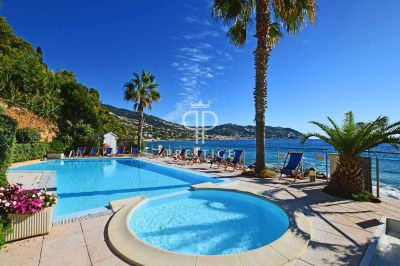

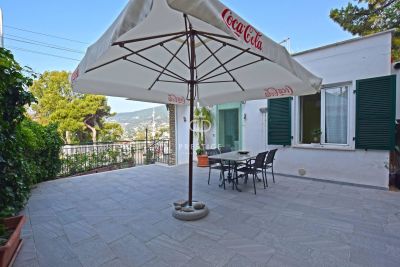
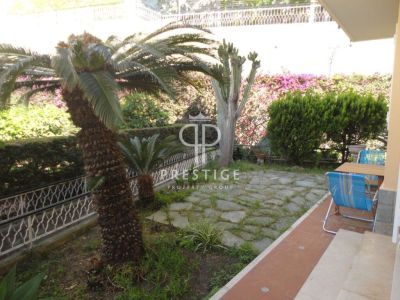
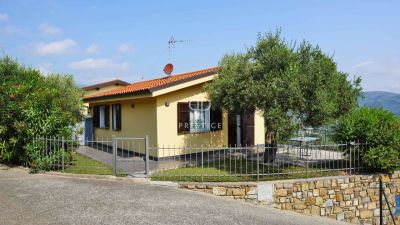
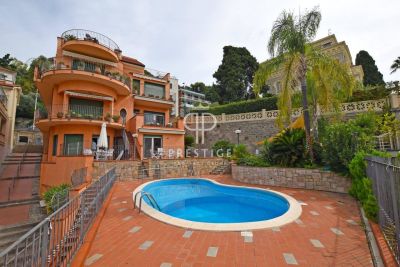
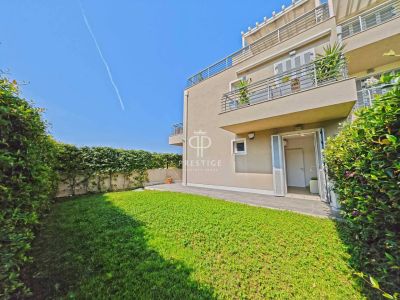
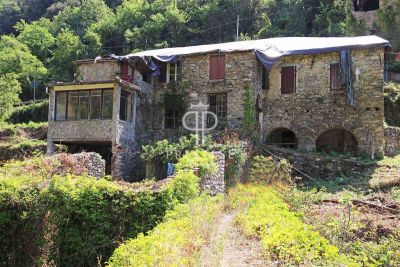
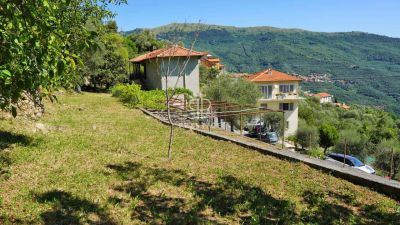

 Facebook
Facebook Twitter
Twitter Instagram
Instagram